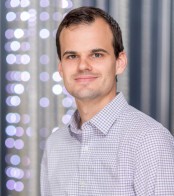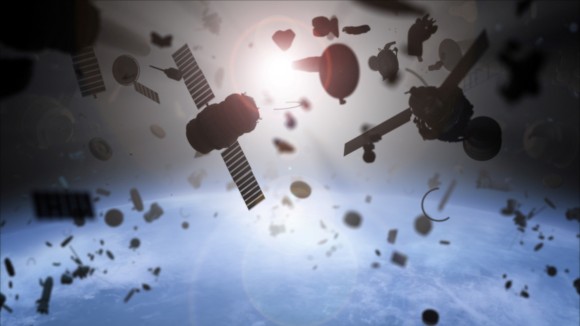 Dr. Minghe Shan is currently a Professor at the Department of Aerospace Engineering at Beijing Institute of Technology, China. He received his PhD in Aerospace Engineering from Delft University of Technology, Netherlands, in 2018, and then worked as a Postdoctoral Research Associate in Flexible Multibody Dynamics of Space Structures at the University of Maryland, College Park, US. His current research interests are in active space debris removal, in-orbit assembly and servicing, spacecraft dynamics and control, flexible multibody dynamics of space structures, and space robotics.
Dr. Minghe Shan is currently a Professor at the Department of Aerospace Engineering at Beijing Institute of Technology, China. He received his PhD in Aerospace Engineering from Delft University of Technology, Netherlands, in 2018, and then worked as a Postdoctoral Research Associate in Flexible Multibody Dynamics of Space Structures at the University of Maryland, College Park, US. His current research interests are in active space debris removal, in-orbit assembly and servicing, spacecraft dynamics and control, flexible multibody dynamics of space structures, and space robotics.
 Dr. Jonathan Sauder is the Deputy in the Office of Technology Maturation at NASA Jet Propulsion Laboratory, where he enables technologies that will change the future of planetary exploration and performs technical work as a mechatronics engineer and principal investigator. He is a Presidential Early Career Award for Scientists and Engineers (PECASE) recipient, a three-time NASA Innovative Advanced Concept (NIAC) Fellow (for a Venus rover and deployable architecture), has received 5 best paper awards, and an inventor on 4 deployable antenna patents. He is also a Bren Visiting Research Associate at the California Institute of Technology and a Part Time Lecturer of Aerospace and Mechanical Engineering at the University of Southern California. He earned a Ph.D. in Mechanical Engineering at the University of Southern California in 2013, focusing on how collaboration aids engineers in creating innovative designs, a BS in Mechanical Engineering from Bradley University. Prior to his Ph.D., he worked R&D roles for Mattel, Microsoft and Monsanto and consulted technology startups.
Dr. Jonathan Sauder is the Deputy in the Office of Technology Maturation at NASA Jet Propulsion Laboratory, where he enables technologies that will change the future of planetary exploration and performs technical work as a mechatronics engineer and principal investigator. He is a Presidential Early Career Award for Scientists and Engineers (PECASE) recipient, a three-time NASA Innovative Advanced Concept (NIAC) Fellow (for a Venus rover and deployable architecture), has received 5 best paper awards, and an inventor on 4 deployable antenna patents. He is also a Bren Visiting Research Associate at the California Institute of Technology and a Part Time Lecturer of Aerospace and Mechanical Engineering at the University of Southern California. He earned a Ph.D. in Mechanical Engineering at the University of Southern California in 2013, focusing on how collaboration aids engineers in creating innovative designs, a BS in Mechanical Engineering from Bradley University. Prior to his Ph.D., he worked R&D roles for Mattel, Microsoft and Monsanto and consulted technology startups.
 Dr. Minghe Shan is currently a Professor at the Department of Aerospace Engineering at Beijing Institute of Technology, China. He received his PhD in Aerospace Engineering from Delft University of Technology, Netherlands, in 2018, and then worked as a Postdoctoral Research Associate in Flexible Multibody Dynamics of Space Structures at the University of Maryland, College Park, US. His current research interests are in active space debris removal, in-orbit assembly and servicing, spacecraft dynamics and control, flexible multibody dynamics of space structures, and space robotics.
Dr. Minghe Shan is currently a Professor at the Department of Aerospace Engineering at Beijing Institute of Technology, China. He received his PhD in Aerospace Engineering from Delft University of Technology, Netherlands, in 2018, and then worked as a Postdoctoral Research Associate in Flexible Multibody Dynamics of Space Structures at the University of Maryland, College Park, US. His current research interests are in active space debris removal, in-orbit assembly and servicing, spacecraft dynamics and control, flexible multibody dynamics of space structures, and space robotics.

